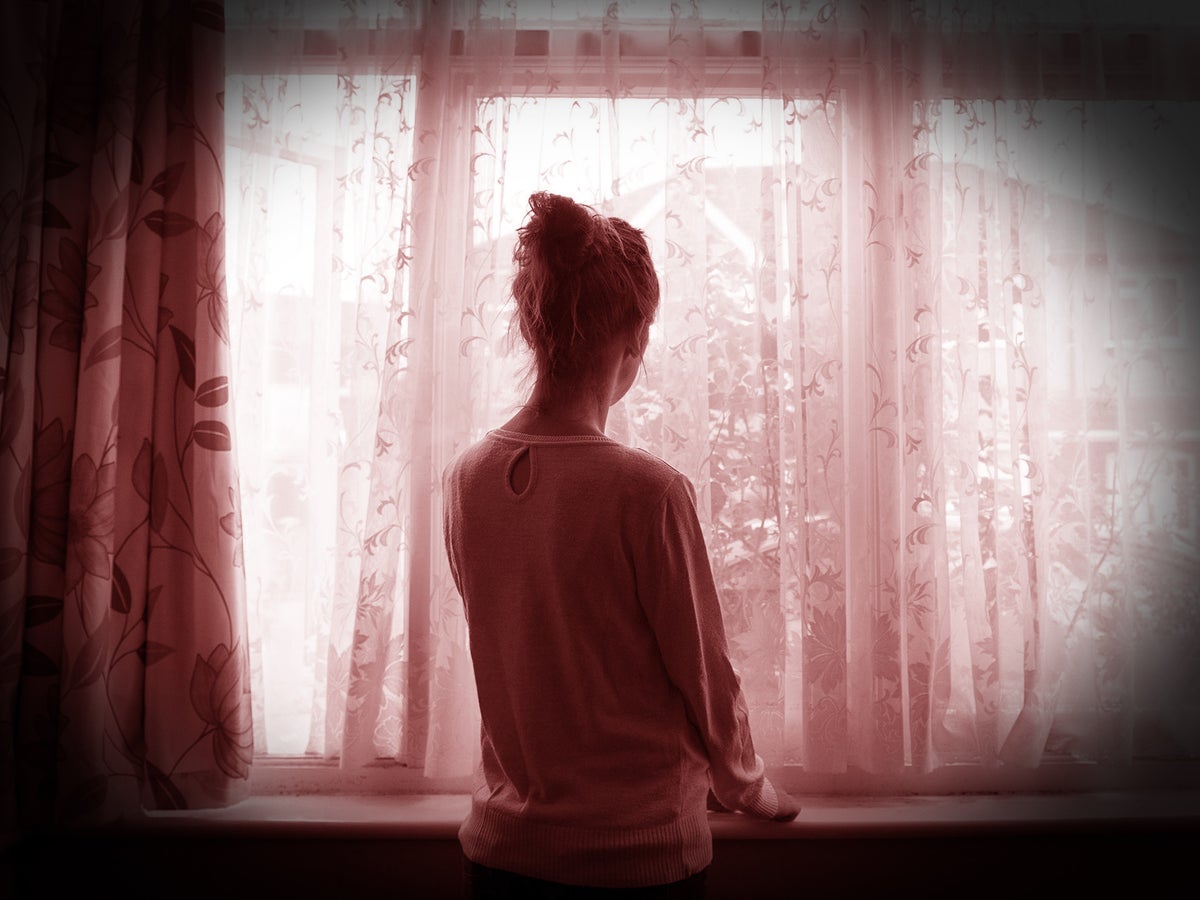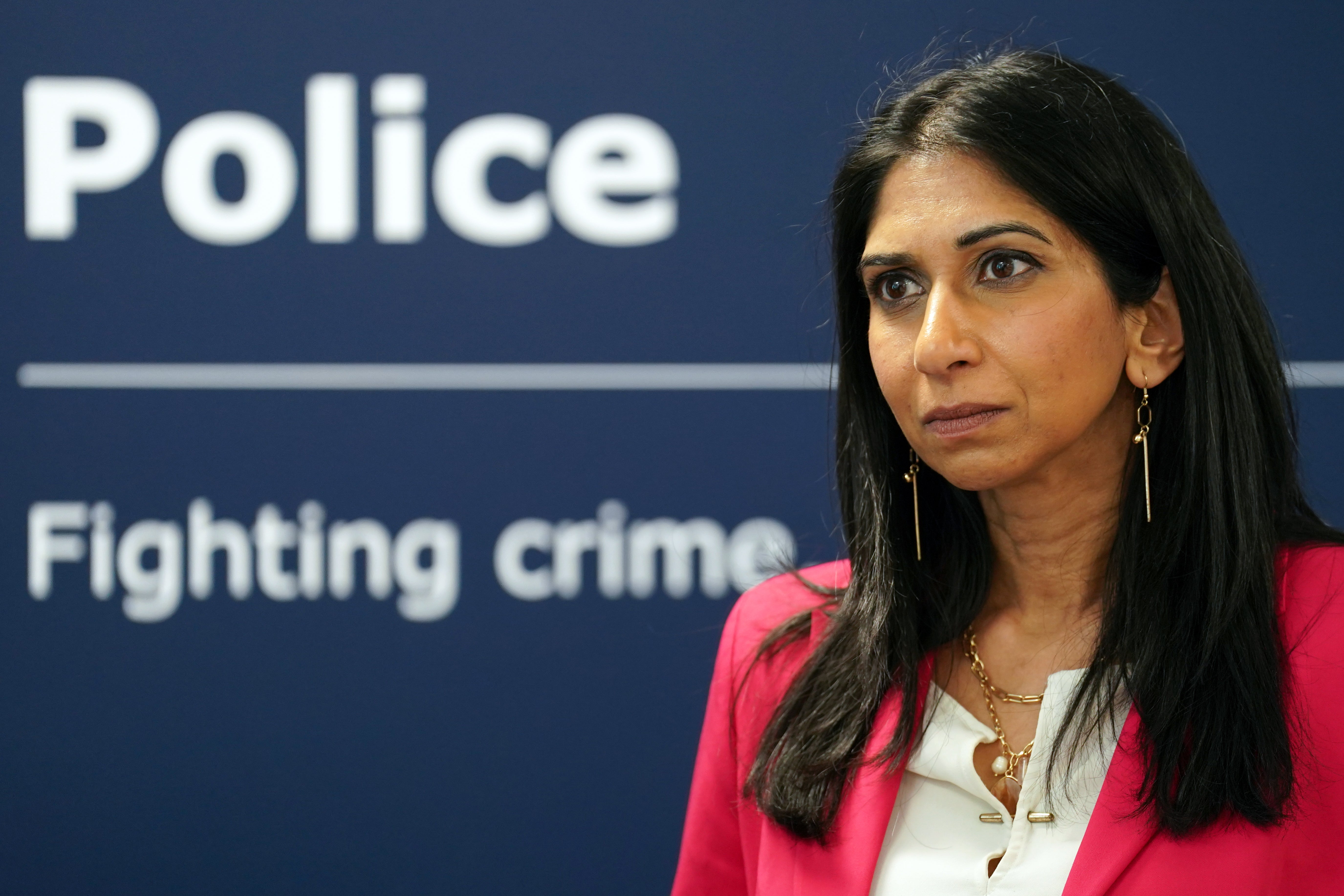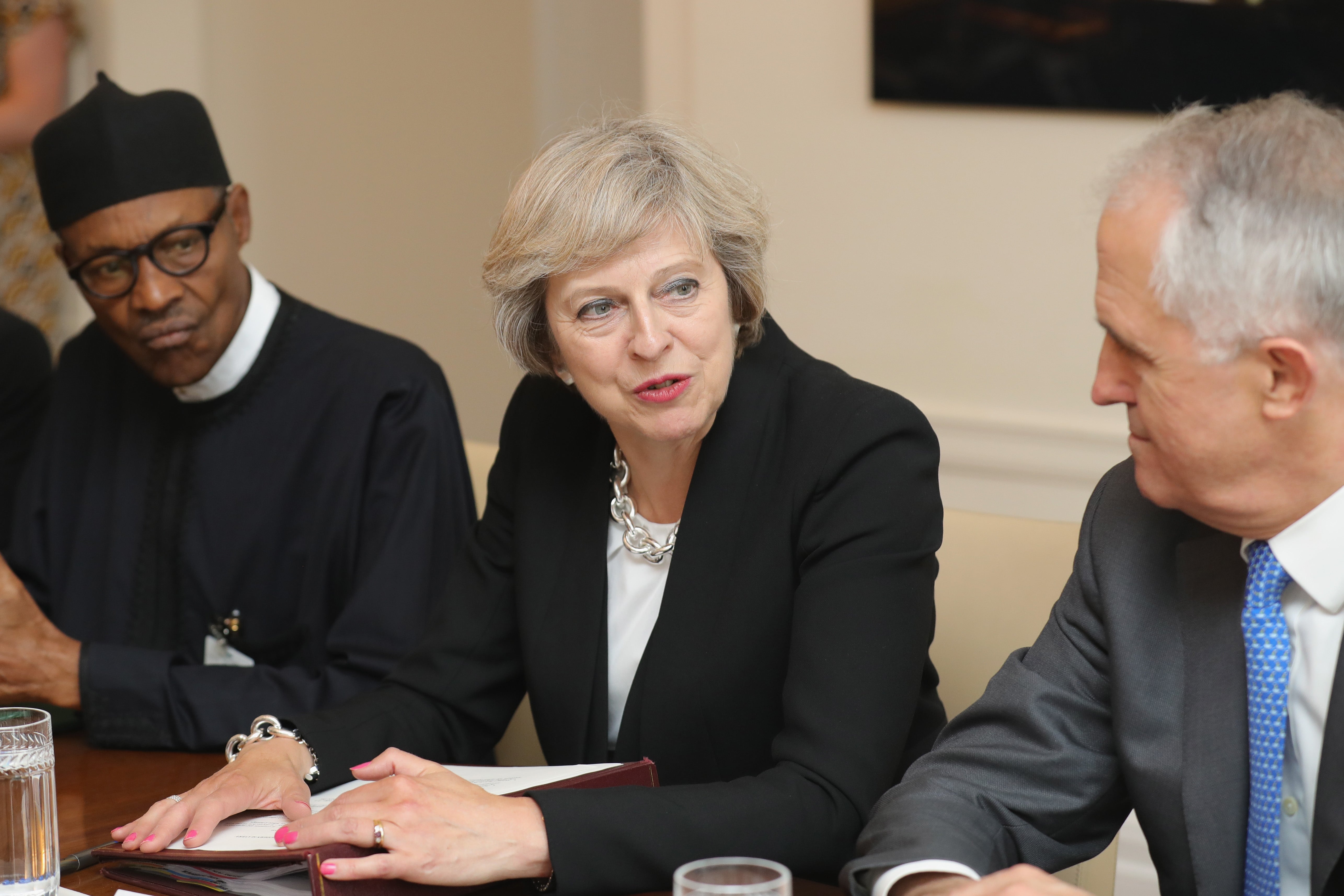
Calls to the anti-slavery helpline are at a record high as reports of forced labour, domestic servitude and sex trafficking soar.
More than 6,500 potential victims of modern slavery were identified last year – a 116 per cent increase compared to 2021. In 2022, 7,315 calls were made to the phone line, operated by the charity Unseen, from victims, local government officials, NHS workers, businesses and others. This was up by 16 per cent on the year before.
Experts said the rise could be driven by worsening poverty and conflict around the world pushing vulnerable people into slavery. They also said many survivors had problems accessing the government’s support scheme.
Charity workers hit out at the government’s new Illegal Migration Bill, which they said would force victims of modern slavery underground and make them more vulnerable to traffickers.
Temporary protection against removal from the UK is currently given to suspected victims of modern slavery while their case is being considered. However, the bill would remove that protection for people who enter the UK illegally.
The rise in calls to the helpline echoes an increase in the number of potential victims flagged to the Home Office for help. In January to March 2023, 4,746 people were referred to the government’s modern slavery programme – a 26 per cent rise on the same period in 2022.

Cases of labour exploitation have increased 134 per cent in the past year, with 1,046 reported to the helpline. Unseen said the large rise in reports of exploitation could be attributed in part to the end of the Covid pandemic, with the workforce becoming more visible and a need for increased recruitment.
The largest nationality of potential victims of labour exploitation were Indian, with a big rise in workers being exploited within the care sector. Indians have recently overtaken Albanians to become the second biggest contingent crossing the Channel in small boats in 2023, after Afghans.
Across all types of exploitation, the most prevalent nationality of potential victims was Romanian in 2022, echoing the previous two years. Indian nationals are now the second, replacing Vietnamese.
Cases of domestic workers being forced into slavery increased by 75 per cent to 114.
Reports of people being forced into sex work also increased by 66 per cent, to 479 annual cases. In one case raised with the helpline, a woman called in with concerns about her sister who had gone missing. Before she had gone missing she had come home with unexplained bruises and burns to her body. She had also told her family that she was spending time with a group of men, who told her they would provide her with unlimited drugs if she went with them in their car and talked to them.
Since her disappearance, the woman had called her family and a man’s voice was heard in the background of the call telling her she could not go home. Helpline workers referred the case to the police who located her and confirmed that she had been supplied with hard drugs and trafficked for sex.

Dr Victoria Tecca, at the Modern Slavery and Human Rights Policy and Evidence Centre (Modern Slavery PEC), said the significant increase in people seeking support “demonstrates the pressing issue of modern slavery in the UK”.
Dr Tecca said it was “concerning” that the government’s proposed Illegal Migration Bill “would deny protection and support to people affected by modern slavery based on how they entered the country”.
Justice Carter, director of Unseen, condemned the government for “bringing in new migration laws that criminalise some victims of modern slavery, forcing them underground and keeping them vulnerable to traffickers”.
Avril Sharp, from charity Kalayaan, which supports migrant domestic workers, said that the difficulty faced by survivors trying to access the government’s slavery referral scheme – the only way they can receive help – could have resulted in an increase in the volume of calls to the helpline.
“We have heard many a story where survivors have tried to approach a first responder but have been turned away and told to call either the police or the helpline,” she said.
Ms Sharp added that a lack of trust in statutory services and the knock-on effect from the pandemic could also be driving the increase in helpline calls.
Marissa Begonia, from campaign group The Voice of Domestic Workers, said that government restrictions were forcing workings into exploitative situations.
She said: “Until the government restores the rights of domestic workers to enable them to change employers without restriction, renew their visas so they won’t be undocumented and settle here, migrant domestic workers are trapped in a maze with no exit in this cycle of modernised exploitation.”
A spokesperson for the Home Office said that thhe UK “has led the world in protecting victims of modern slavery”. They added: “It has become clear that some elements of our system needed reform so that support is targeted to those who need it. That is why we are continuing our work to reform the National Referral Mechanism.”







